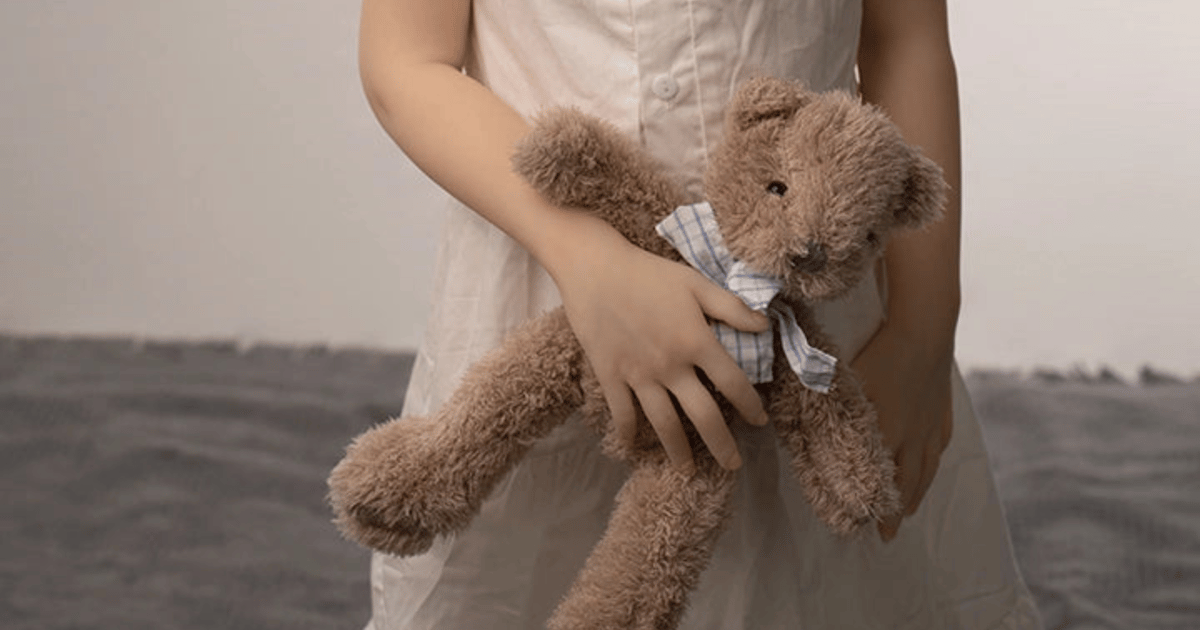Meta’s advertising rules ban anything promoting “the sale or use of adult sexual arousal products”. The platform also prohibits posts depicting or supporting the sexual exploitation of children – including dolls.
Its ad review process mostly uses automated tools to scan the text, images and videos used in ads to find content which violates its policies.
A Meta spokesperson said: “Ads that violate our policies have no place on our platform, and we’ve removed the content brought to our attention.”
The websites selling the dolls did not respond to requests for comment.
A spokesperson from the National Crime Agency (NCA) told TBIJ that “there is no legitimate reason for having child-like sex abuse dolls, and it is our view that those purchasing such products pose a significant risk to children. We treat the attempted importation of such products seriously and with colleagues in policing pursue such enquiries to ensure children are protected.”
They added that the NCA continues to work closely with the Home Office, Border Force and policing partners, to explore all possible interventions in tackling child sexual abuse.
In Ireland, authorities seized multiple childlike sex dolls during raids across Dublin, Cork, Waterford, Meath, Monaghan and Galway in 2018. Customs officers were instructed that such dolls manufactured for sexual purposes constitute child pornography material under the Child Trafficking and Pornography Act 1998.

